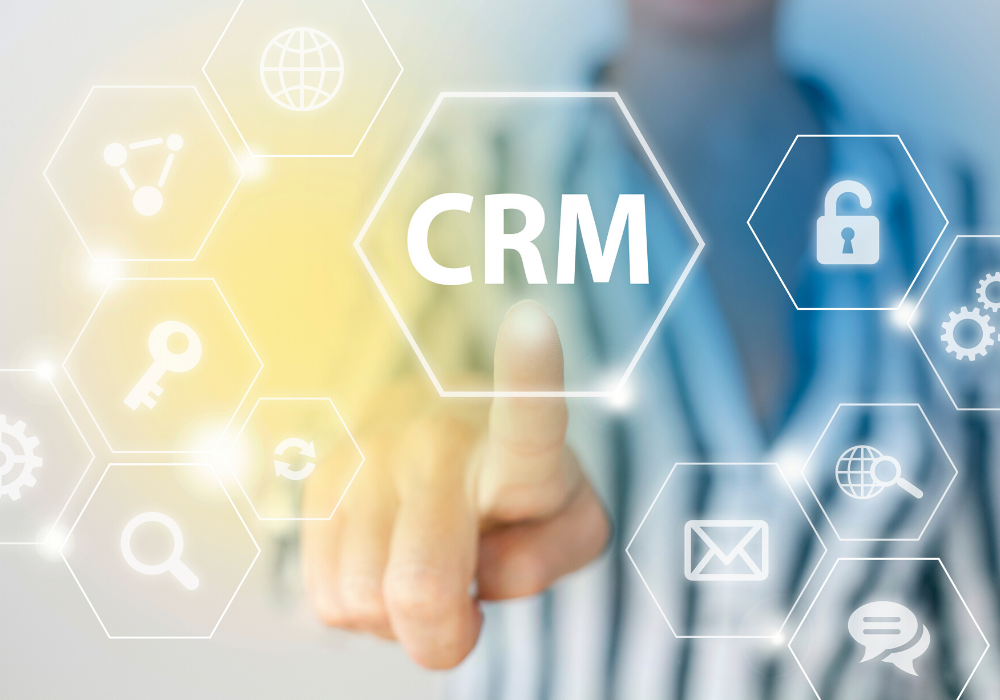
By Alessandro Tonchia, Co-Founder and Head of Strategy at Finantix
The best relationship managers are proactive with their clients. Not only do they know the client history and have to hand everything a client asks for or currently requires, they also anticipate requests, and can even point their clients to interesting, relevant information that might be helpful with financial planning further down the line.
Developing and maintaining a truly proactive relationship with a client takes time, and requires commitment and skill. The reward is a high degree of client trust and loyalty and high-quality, lasting, effective client management.
A good CRM will make even a brilliant relationship manager that much better. Right now, when clients are making more frequent contact, and are concerned about the economic downturn caused by the Covid-19 pandemic, and when in-person meetings are impossible, a top quality CRM will make all the difference between nurturing the relationship in time of crisis or witnessing it flounder.
Putting the CRM centre stage
With a strong CRM as the foundation on which enduring wealth management relationships are built and maintained, whenever a client makes contact the relationship manager has full access to every element of the client’s asset base, so they can focus on the client’s immediate concerns, and also maintain a clear view of the bigger picture.
Importantly, the overview the CRM provides will include regulatory and compliance matters. For example there should be CRM-generated alerts about new or changed regulations affecting national or international investments that are pertinent to a client’s portfolio, and follow-up alerts ensuring any and all corresponding documents are signed in good time to meet deadlines, without multiple back-and-forth communications. In addition, this visibility will ensure regulation and compliance is fully discussed at the same time as investment and product opportunities.
Access to this broad range of ‘heavy lifting’ functionality gives the relationship manger confidence to advise their clients with authority knowing that everything they need on which to base advice is at their fingertips. This in turn creates space for a focus on building a broader, deeper relationship that goes beyond the purely financial side of things. The relationship can grow on a human level, and this is also an important component of creating trust.
Maintaining immediacy and relevance in challenging times
If ever the time was right to prioritise a coherent CRM system surely that time is now. As the current pandemic affects the global economic situation, there are even more factors for both relationship mangers and clients to take into consideration, and clients are, quite rightly, making more frequent contact and requiring more detailed information about their portfolios to inform their next actions.
Relationship managers need to be on top of their game to meet this demand. The very last thing they need is to have to scramble around within different systems to track down documents and data they know exist but can’t find, or to miss a regulatory change or investment update because it slipped through the net.
Yet even before the Covid-19 pandemic took hold, our own research showed that the quality of CRMs is patchy. We found that just 25% of firms have a fully integrated CRM system covering the entire client lifecycle. We found that parameters set at onboarding remain dominant within CRM systems, yet we all know that an individual’s circumstances and aspirations can change at any time. With that in mind it is not surprising that we also found just 53% of clients said their communications were personally relevant and 54% of wealth managers think the way they currently personalise investment commentaries is poor to average.
Building a CRM that’s both broad and deep
The way through this problem is to focus on building a CRM that is more than just a repository of what it is fed in by individuals at onboarding and then later updated on an ‘as and when’ basis following client conversations.
Instead, the CRM should fully integrate not only with front end systems like client portals and web sites but also with back end systems. It should provide a full view of all a client’s touchpoints, and lever AI and big data, pulling in resources from both internal and external sources so that it can ‘join the dots’ even using sources like media analytics – in order to build the richest set of contextual information to ensure relationship management advice is considered, timely and fully appropriate to each client’s circumstances.
With the rapid internationalisation of banking, and the regulatory environment becoming ever more complex, a high functioning CRM should already have been high on the to do list. Now when clients may be stressed about many aspects of their lives, a strong relationship with a confident, capable, trusted relationship manager will be more highly valued than ever before. Get this right, give relationship managers the tools they need to fully support their clients in these unprecedented times and you’re looking at client relationships that will stand the test of time for many years to come.
Subscribe to our newsletter




